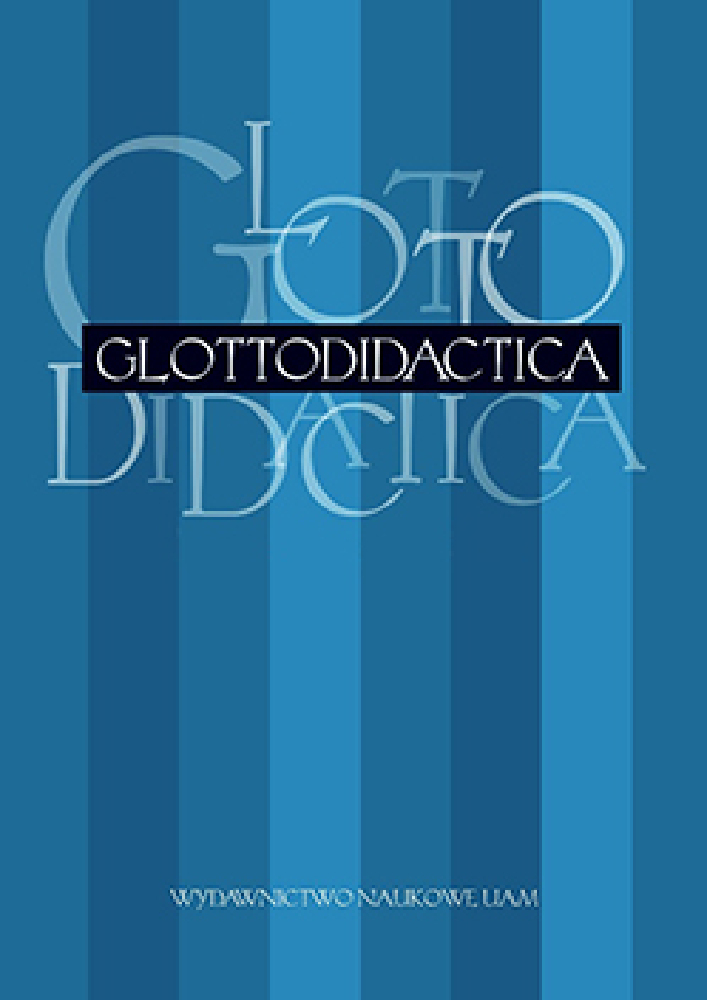Abstract
After a prolonged absence of the topic of education reformers in the public discussion nowadays it’s obviously an increased interest in their approaches and models of performance. The theoretical reflections of the progressive education based on the ideas of the creative power of the child figuring in a mythical, romantic-coded image of the child as a genius. This conception was in opposite to the rigid forms of teaching, to every automatism of learning, against the authoritarian treating of teachers with students.Literaturhinweise
Berg, Ch. (Hg.), 1991. Handbuch der deutschen Bildungsgeschichte. Bd. IV 1870–1978. München: Verlag C.H. Beck.
Deppner, M.R., 2010. Authentizität des Erlebnisses. Studien zu Alfred Lichtwark als Wegbereiter der Erlebnispädagogik. Lüneburg: Verlag Edition erlebispädagogik.
Geheeb, P., 2010. Die Odenwaldschule – Rede zur Eröffnung, gehalten am 14. April 1910. In: Herrmann, U., Paul Geheeb: Die Odenwaldschule 1909–1934. Berichte und Diskussionen von Mitarbeitern und Schälern. Jena: Verlag IKS Garamond.
Gudjons, H., 1995. Pädagogisches Grundwissen. Überblick, Kompendium, Studienbuch. Bad Hailbrunn: Verlag Julius Klinkhardt.
Hein, P.U., 2001. Ästhetische Leitbilder der Jugendbewegung und die Vergesellschaftung der Kunst. In: Buchholz, K. / Latocha, R. / Peckmann, H. (Hrsg.), Die Lebensreform. 2 Bände. Entwürfe zur Neugestaltung von Leben und Kunst um 1900. Darmstadt: Institut Mathildenhöhe, 211–215.
Kerbs, D. / Reulecke, J. (Hrsg.), 1998. Handbuch der deutschen Reformbewegung 1880–1933. Wuppertal: Peter Hammer Verlag.
Koselleck, R. (Hg.), 1972. Geschichtliche Grundbegriffe. Bd. 1, Stuttgart: Klett Cotta Verlag.
Koselleck, R. (Hg.), 1984. Geschichtliche Grundbegriffe. Bd. 5, Stuttgart: Klett Cotta Verlag.
Lagarde, P. de, 1934. Ausgewählte Schriften. Hg. v. Paul Fischer. München.
Lange, K., 1902. Das Wesen der künstlerischen Erziehung. In: Lange, K., Künstlererziehung. Erlebnisse und Anregungen des Kunsterziehungstages in Dresden am 28. und 29. 1901. Leipzig.
Lepp, N. / Roth, M. / Vogel, K., 1999. Der neue Mensch. Ostfildern: Hatje Cantz Verlag.
Lepsius, M.R., 2007. O kulturze politycznej w Niemczech. Poznań: Wydawnictwo Poznańskie.
Massow, C. von, 1894. Reform oder Revolution! Berlin.
Nohl, H. / Pallat, L. (Hrsg.), 1933. Handbuch der Pädagogik. Bd. 1, Langensalza.
Oelkers, J., 1989. Reformpädagogik. Eine kritische Dogmengeschichte. Weinheim, München: Juventa.
Otto, B., 1903. Die Wochenschrift Der Hauslehrer.
Preussner, E., 1929. Allgemeine Pädagogik und Musikpädagogik. Leipzig.
Reulecke, J. / Herrmann, U., 2010. Gesellschaftskritik und Kulturkritik – Lebensreform und Schulreform. Die Gründung der Odenwaldschule im Kontext von Reformbewegungen in der Wilhelminischen Gesellschaft um 1900. In: Kaufmann M. / Priebe, A. (Hrsg.), 100 Jahre Odenwaldschule. Der wechselvolle Weg einer Reformschule. Berlin: Verlag für Berlin– Brandenburg, 20–28.
Röhrs, H., 1998. Reformpädagogik, Ursprung und Verlauf unter internationalen Aspekten Weinheim: Deutscher Studienverlag Weinheim.
Scholz, J.J., 2002. „Haben wir die Jugend, so haben wir die Zukunft“ Die Obstbausiedlung Eden/Oranienburg als alternatives Gesellschafts- und Erziehungsmodel (1893–1936). Berlin: Weidler Buchverlag.
Schonig, B., 1998. Reformpädagogik. In: Kerbs, D. / Reulecke J. (Hrsg.), Handbuch der deutschen Reformbewegung 1980–1933. Wuppertal: Peter Hammer Verlag, 319–330.
Simmel, G., 1993. Philosophie der Landschaft (1913). In: Simmel, G., Das Individuum und die Freiheit. Frankfurt am Main: Fischer Verlag, 130–139.
Skiera, E., 2003. Reformpädagogik in Geschichte und Gegenwart: eine kritische Einführung. München: Oldenbourg Wissenschaftsverlag.
Spiewak, M., 2011. Eine Schmiede guter Menschen. In: Die Zeit, Nr. 8, 17.02., 69–70.
Spranger, E., 1925. Kultur und Erziehung. Gesammelte pädagogische Aufsätze. Leipzig: Quelle & Meyer.
Ullrich, H., 1999. Das Kind als schöpferischer Ursprung. Studien zur Genese des romantischen Kindbildes und zu seiner Wirkung auf das pädagogische Denken. Bad Heilbrunn: Klinkhardt.
Ullrich, H., 1998. Freie Waldorfschulen. In: Kerbs, D. / Reulecke J. (Hrsg.), Handbuch der deutschen Reformbewegung 1980–1933. Wuppertal: Peter Hammer Verlag, 411–424.
Weber, M., 1995. Wirtschaft und Gesellschaft. Grundriss der verstehenden Soziologie. Tübingen: Mohr.
Lizenz
Authors
Authors of texts accepted for publication in Glottodidactica are required to complete, sign and return to the editor's office the Agreement for granting a royalty-free license to works with a commitment to grant a CC sub-license.
Under the agreement, the authors of texts published in Glottodidactica grant the Adam Mickiewicz University in Poznań a non-exclusive, royalty-free license and authorize the use of Attribution-NoDerivatives 4.0 International (CC BY-ND 4.0) Creative Commons sub-license.
The authors retain the right to continue the free disposal of the work.
Users
Interested Internet users are entitled to use works published in Glottodidactica since 2016, under the following conditions:
- attribution - obligation to provide, together with the distributed work, information about the authorship, title, source (link to the original work, DOI) and the license itself.
- no derivatives - the work must be preserved in its original form, without the author's consent it is not possible to distribute the modified work, such as translations, publications, etc.
Copyrights are reserved for all texts published before 2016.
Miscellaneous
Adam Mickiewicz University in Poznań retains the right to magazines as a whole (layout, graphic form, title, cover design, logo etc.).




